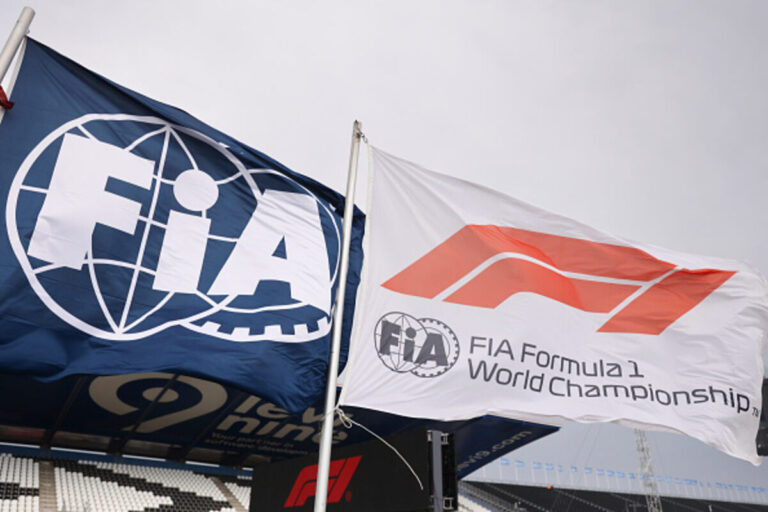o to V10s, however are the 2026 guidelines up for renegotiation?
If by the tip of Could some key regulatory features for the 2026 season are being reconsidered, it implies that sure issues whispered within the paddock in regards to the doable superiority of some engine producers (learn: Mercedes) may really be well-founded.
On the Bahrain assembly, the concept of a swift return to V10s was blocked – a political win for Mercedes, Honda and Audi – however Ferrari, Cadillac and Red Bull obtained a concession to revisit the system of allowances for the 2026 guidelines in case of efficiency gaps.
In accordance with The Race, a gathering between System 1 executives and the groups will already happen this week to debate a proposal to switch the ratio between combustion and hybrid engines, to keep away from the chance that the vehicles may run out of power throughout a lap.
The proposal
As is understood, groups have lengthy been engaged on the 50/50 break up between combustion engine and battery, as outlined within the 2026 technical laws. Behind the scenes, nonetheless, issues have emerged in regards to the chance that on sure tracks – akin to Monza or Spa – the vehicles may run out of power midway down the straight.
Some groups have thus pushed the Federation for additional evaluation to confirm the validity of those theories, and through subsequent week’s F1 Fee, a proposal shall be made to keep up the 50/50 ratio just for qualifying, with adjustments utilized to the races. In the course of the Grand Prix, the proposal is to cut back the battery energy output from 350 kW to 200 kW: this may shift the thermal/hybrid ratio to 64/36 (we recall that the present ratio is 85/15 in favor of the inner combustion engine).
For the proposal to grow to be efficient, a 70% consensus among the many voters is required (10 votes for the groups, 10 for the FIA, and 10 for FOM/Liberty Media).
Christian Horner and Toto Wolff stay rivals
The primary supporter of this variation is Christian Horner, with Crimson Bull set to supply its personal energy models beginning subsequent yr.
Firmly opposed, nonetheless, is Toto Wolff of Mercedes: “We must always first see how subsequent yr seems, somewhat than predict what is going to occur. Within the Bahrain assembly, we had been clear: in 12 months we’ll resolve if something must be performed. There’s no knowledge supporting these assumptions.”

